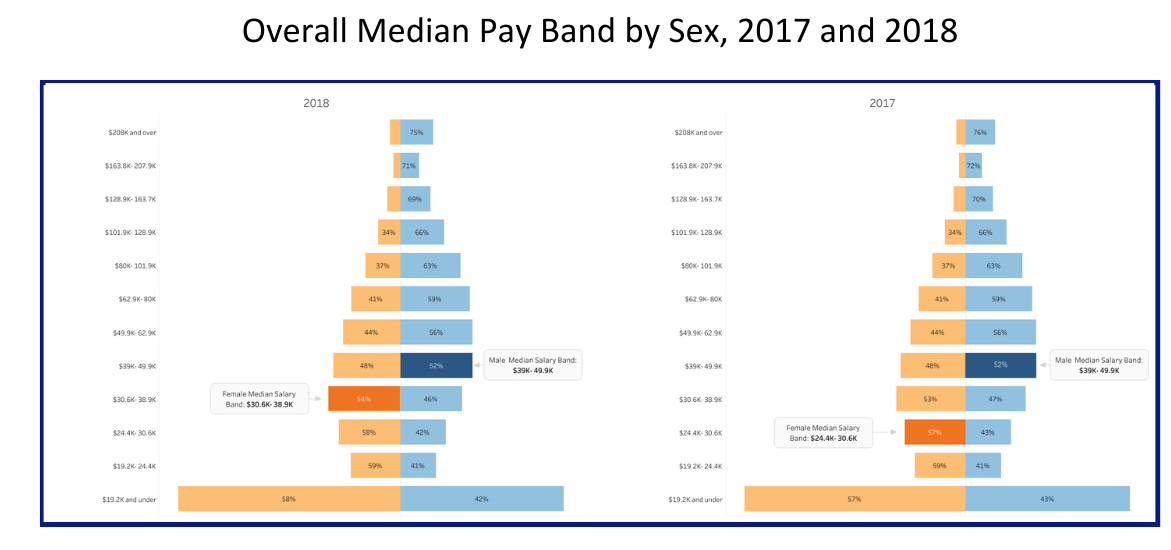Summary:
- The DOJ has announced a new whistleblower program that offers financial rewards to those who report misconduct to the DOJ.
- This program supplements existing reward programs administered by other institutions.
- The program focuses on criminal abuses of the US financial system, breaches of the Foreign Corrupt Practices Act (FCPA) by private corporations, violations of the Foreign Extortion Prevention Act (FEPA) by foreign public officials, and domestic corruption.
- The program is exclusive to cases not covered by existing whistleblower programs.
- Whistleblowers must present original, truthful information that is non-public and unknown to the DOJ to be eligible for rewards.
- The pilot program will be developed in the next three months, and a full roll-out is planned for later this year.
- Companies need to examine whether they have sufficient internal reporting hotline systems to motivate employees to report potential misconduct.
- It’s also essential for companies to maintain policies and procedures that protect whistleblowers from retaliation.
- The program does not offer immunity to individuals participating in the misconduct they disclose.
The Department of Justice (DOJ) has announced a new whistleblower program that will offer financial rewards to those who report misconduct to the DOJ. This program will supplement existing reward programs administered by institutions such as the SEC, CFTC, IRS, and FinCEN.
The DOJ’s whistleblower program will focus on criminal abuses of the US financial system, breaches of the Foreign Corrupt Practices Act (FCPA) by private corporations, violations of the Foreign Extortion Prevention Act (FEPA) by foreign public officials, and domestic corruption. It’s important to note that the program is exclusive to cases not covered by existing whistleblower programs. Whistleblowers must present original, truthful information that is non-public and unknown to the DOJ to be eligible for rewards. Once the victims of the specified crime have been compensated, the whistleblowers will receive rewards.
The pilot program will be developed in the next three months, and a full roll-out is planned for later this year. We urge companies to examine whether they have sufficient internal reporting hotline systems to motivate employees to report potential misconduct. It’s also essential for companies to maintain policies and procedures that protect whistleblowers from retaliation and ensure prompt review and investigation of internal reports. Remember that this program does not offer immunity to individuals participating in the misconduct they disclose.




